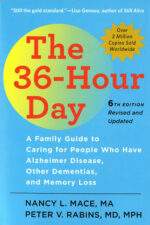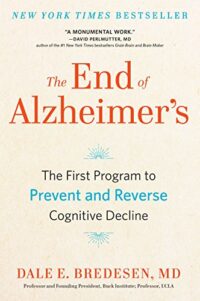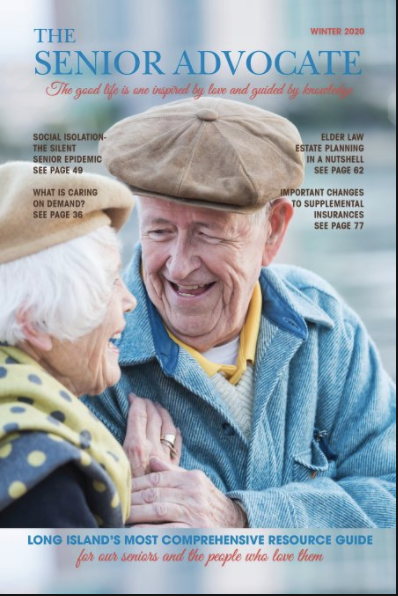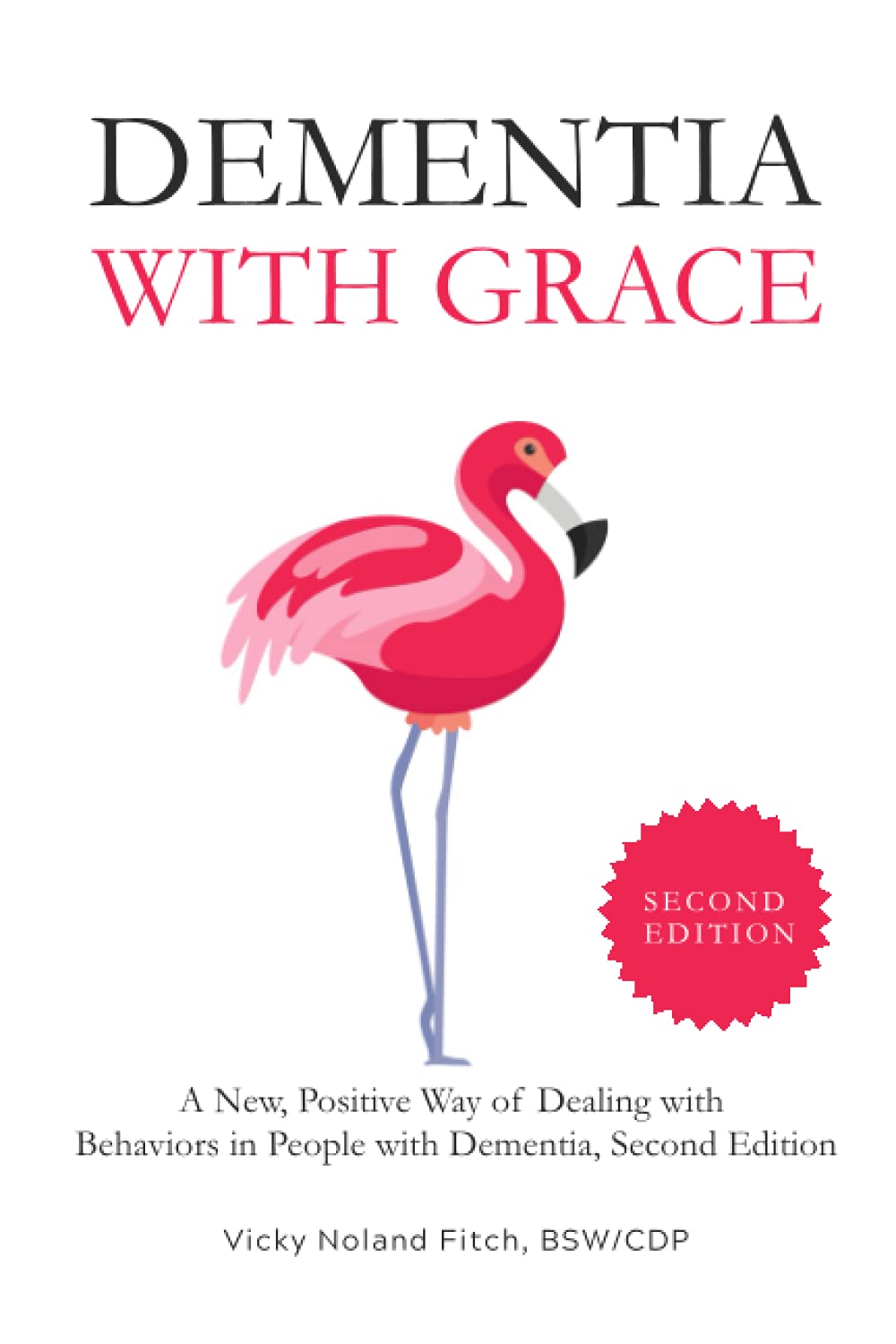
The 36-Hour Day
A Family Guide to Caring for People Who Have Alzheimer Disease, Other Dementias, and Memory Loss

The End of Alzheimer’s

Before I Forget

Senior Advocate
The Senior Advocate is Long Islands’ most comprehensive resource guide for our seniors and those who love them!

Alzheimer’s & Dementia: Diagnosis, Assessment & Disease Monitoring
Alzheimer’s & Dementia: Diagnosis, Assessment & Disease Monitoring (DADM) is an open access journal that concentrates on the discovery, development, and validation of assays, instruments, and technologies with the potential to facilitate accurate detection of dementia in its various forms and stages. Of particular interest are promising dementia biomarkers, ranging from gene expression and proteomic markers, to imaging, cognitive and functional markers of disease progression or treatment response. Review our Author Guidelines and submit your manuscript to DADM.

Dementia with Grace
The techniques you will find in this guide will help you navigate the rough days and steer you toward more graceful days. This approach to behavior management has been developed over the years working with people with dementia. You will come to understand HOW to manage the behavior by learning WHY certain behaviors occur and WHAT you can do to keep problem behaviors at a minimum. Using a proven, systematic approach to behavior management based on the acronym, G.R.A.C.E., you will discover the meaning behind each step and discover how extending and receiving grace can help both your loved one receiving care and you as a caregiver.